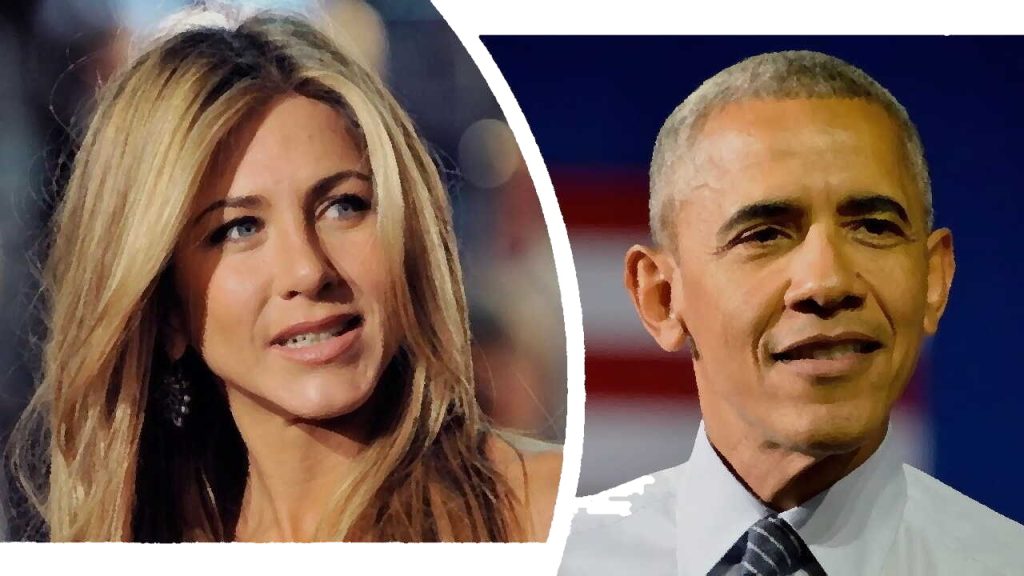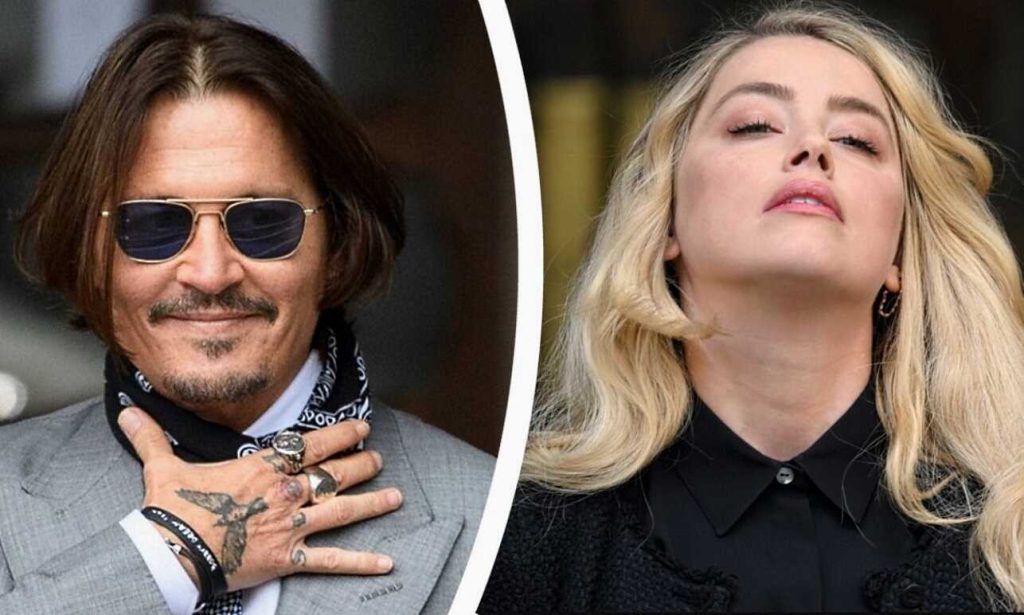The free press has always been considered a guarantor of democracy, but in today’s world, it increasingly plays the role of scandalous director and creator of sensations.

Does the press serve the public interest or merely feed our curiosity with colorful but sometimes ‘empty’ stories? The perception of journalism has changed and calls into question the boundaries between society’s right to information and the media’s desire to profit from sensationalism.
When we talk about freedom of speech and a free press, we mean the ability to speak the truth without censorship. However, the reality of the media sphere in recent decades looks far less idealistic. With the development of tabloids, online platforms, and social networks, the media began to compete not so much for the truth as for attention. And attention, as we know, sells for more than any facts.
Take TMZ, for example, a media outlet that became famous in the 2000s for its sensational exclusives about celebrities. It was the first to publish videos of arrests, CCTV footage, and scandalous details of celebrities’ personal lives.
At first glance, it looked like ‘new journalism,’ closer to the people. But over time, it became clear that it was not so much a chronicle of events as a scandal factory, where the main resource was shock and emotion.
Tabloids have learned to craft headlines in such a way that they provoke emotions and shape attitudes toward a person before the reader even gets to the substance of the article.

For example, “Singer caught with drugs” and “Actor caught cheating” are phrases that instantly grab readers’ attention, even if it later turns out that the situation is much more complicated or the accusations are completely unfounded.
And here we come up against ethics: journalism, by definition, has a public duty to provide facts, allowing the audience to draw their own conclusions. But when the media become active players—adding fuel to the fire, creating “storylines” like in a TV series—they cease to fulfill this role. Moreover, they push the audience to condemn or, conversely, to idolize, manipulating the image of the individual.
Everyone is used to thinking that celebrities “signed up” for increased attention from the press. But does that mean they automatically lose their right to privacy?
Scandals involving leaked intimate photos, for example, are not only a test for the victims but also a tasty morsel for the tabloids, which do not hesitate to spread such stories. The media act not as defenders of someone’s rights but as predators who profit from vulnerability.
The second important aspect is the impact on public opinion. A high-profile scandal, hyped up by the media, can destroy a career in a matter of days. And even if the accusations later turn out to be false, the stain on the person’s reputation will already be fixed in the public consciousness.
Let us recall cases where Hollywood actors were excluded from projects or had their contracts terminated amid media hype—even before the trial, even before the facts were established. It turns out that the media takes on the role not only of an informant but also of a judge.

Of course, one could say that this is what the public wants. People are more interested in reading about celebrity divorces, infidelities, and crimes than in international politics. But is it the job of a free press to simply follow demand? If journalism turns into an entertainment industry, who then fulfills the function of the fourth estate, and who monitors the real problems of society?
Read also: Why Sean ‘Diddy’ Combs’ Trial Is the Biggest Celebrity Scandal of 2025
But there is also a downside. Scandals created by the press distract attention from truly important issues. While millions discuss who an actor is dating or which designer has separated from his spouse, issues such as the economy, corruption, and climate change remain in the shadows. In this sense, the press becomes a convenient tool for distraction: give people a show, and no one will notice what is happening behind the scenes.
To be fair, it cannot be said that all of the press is equally susceptible to this. The United States has a strong tradition of investigative journalism, with examples ranging from Watergate to contemporary publications on human rights violations. But the further we go, the harder it is for such projects to compete with the avalanche of clickbait content. Tabloids create scandals quickly, cheaply, and vividly—and win the battle for attention.
Freedom of the press is of paramount importance, and without it, true democracy is impossible. But the transformation of the media into scandal generators erodes this value, replacing information with manipulation.
I believe that journalism must return to its roots: fact-checking and honest reporting. Freedom of speech does not mean freedom to fabricate scandals. True freedom of the press is first and foremost a responsibility, not a hunt for sensational headlines.
This content reflects the author’s personal opinion.
